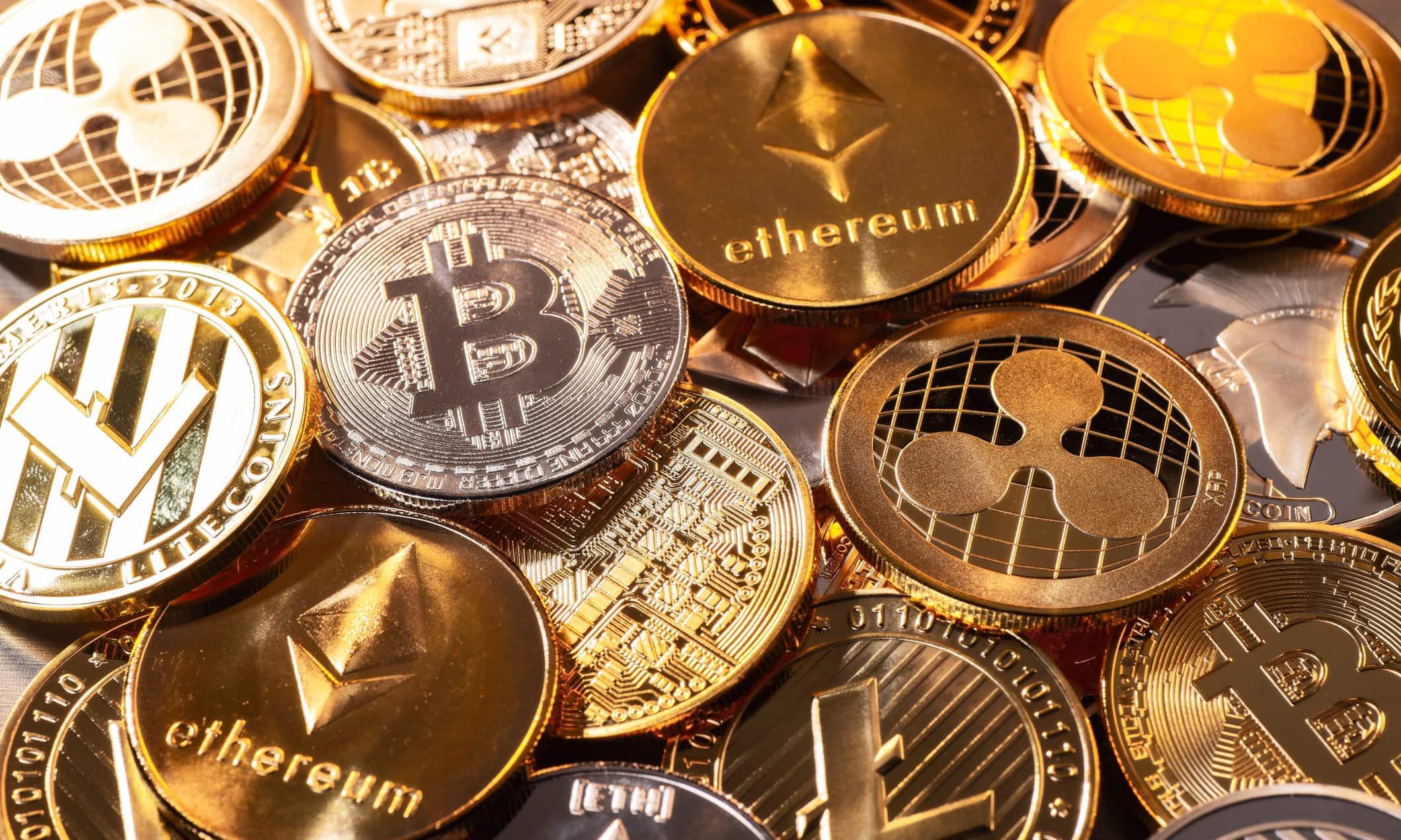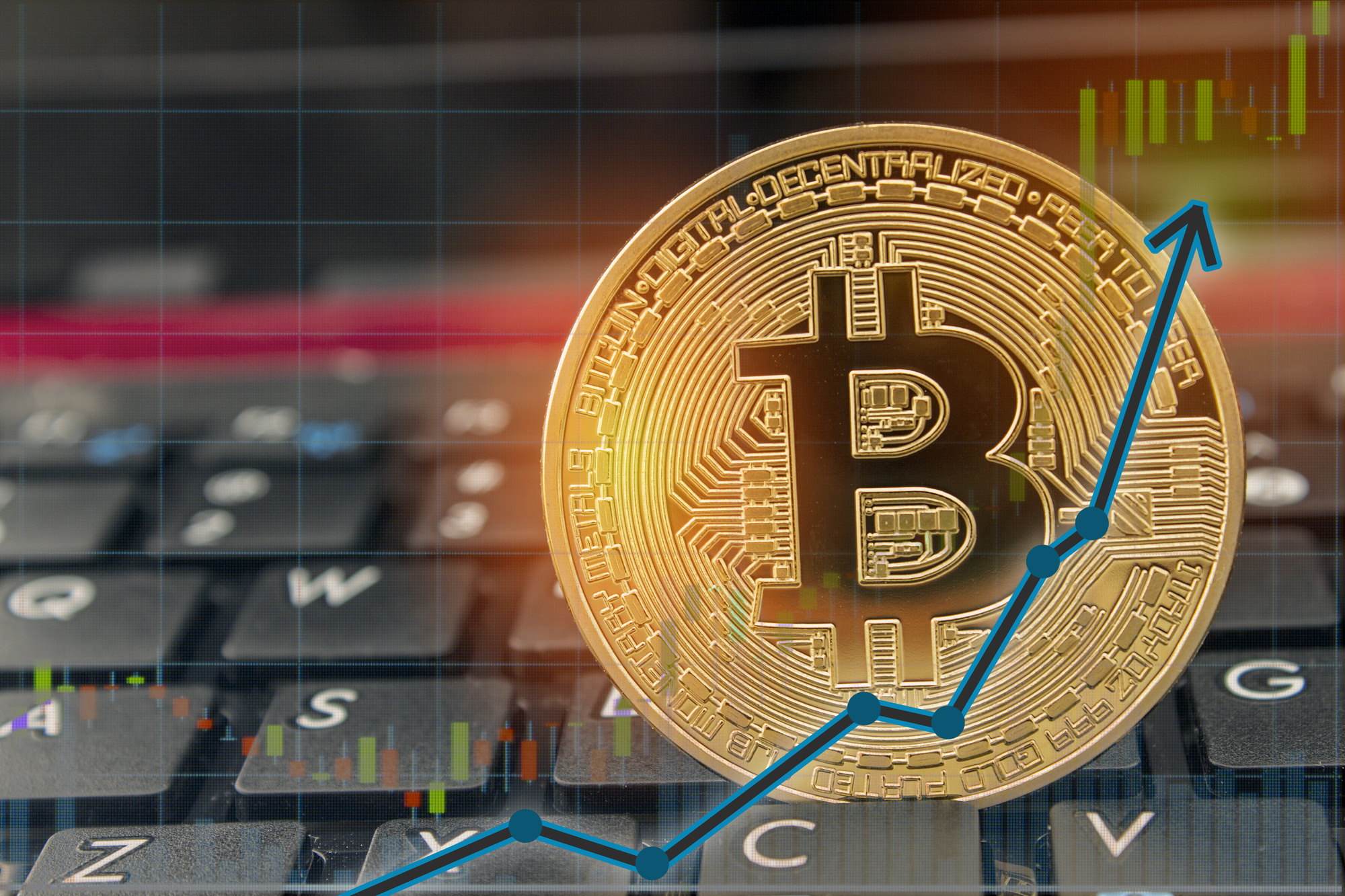Iran's Crypto Odyssey: Navigating Sanctions And Digital Frontiers
In the intricate landscape of global finance and geopolitics, the role of cryptocurrency has emerged as a double-edged sword, particularly for nations grappling with stringent international sanctions. Iran, a country long subjected to extensive economic restrictions, stands as a compelling case study in this evolving digital frontier. Its journey with digital assets is not merely about technological adoption but a complex narrative interwoven with national resilience, economic survival, and the persistent challenge of bypassing financial blockades.
The Iranian government's approach to cryptocurrency has become increasingly complex amidst ongoing sanctions and geopolitical tensions. While digital currencies offer a potential avenue to circumvent traditional financial systems, they also introduce a host of new risks and regulatory dilemmas. This article delves deep into Iran's unique engagement with cryptocurrency, exploring its motivations, challenges, regulatory shifts, and the broader implications for both its citizens and the global financial ecosystem.
Table of Contents
- Sanctions: The Unintended Catalyst for Crypto Adoption
- Navigating the Regulatory Tightrope: Iran's Evolving Stance
- Iranian Exchanges: Domestic Popularity, Global Dependence
- The Darker Side: Illicit Finance and Security Risks
- Cryptocurrency: Not a Panacea for Sanctions
- The Future of Cryptocurrency in Iran
- Broader Implications for Global Finance
- Conclusion
Sanctions: The Unintended Catalyst for Crypto Adoption
For decades, Iran has faced extensive U.S. sanctions, which have been in place since the 1979 seizure of the U.S. embassy. These sanctions have severely limited Iran's access to the global financial system, making international trade and financial transactions incredibly challenging. In response, the Iranian government has been forced to adapt its financial strategies, as highlighted in a recent Chainalysis report. This pressure cooker environment has, perhaps inadvertently, pushed Iran towards exploring alternative financial mechanisms, with cryptocurrency emerging as a significant contender.
The allure of cryptocurrency for Iran is clear: it offers a decentralized, peer-to-peer system that operates outside the traditional banking infrastructure, theoretically making it less susceptible to external control and sanctions. This potential for bypassing financial blockades and boosting trade has made the exploration of digital assets a strategic imperative for the nation. However, it's crucial to understand that while tempting, cryptocurrency is by no means a panacea for such complex outcomes and comes with a host of inherent obstacles.
Navigating the Regulatory Tightrope: Iran's Evolving Stance
The Iranian government's journey with cryptocurrency has been characterized by a cautious and often contradictory approach, reflecting the internal struggle between leveraging its potential and mitigating its risks. This evolving stance is a direct consequence of the country's unique economic and geopolitical circumstances, particularly its history of economic sanctions.

Cryptocurrency

Cryptocurrency: Why Use It? - Dunham + Company

cryptocurrency wallet - Fast Menu Price - All US Menu Prices